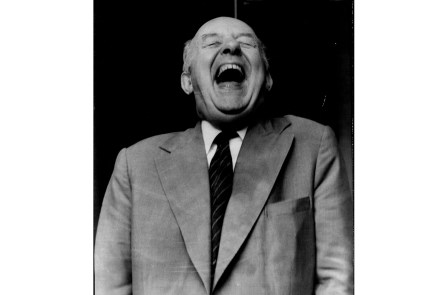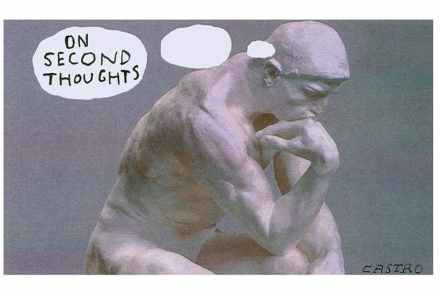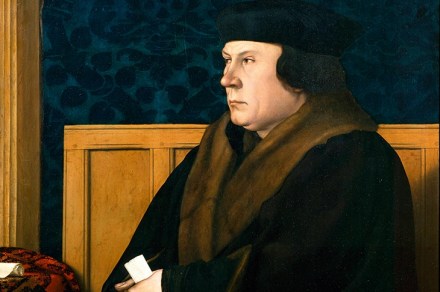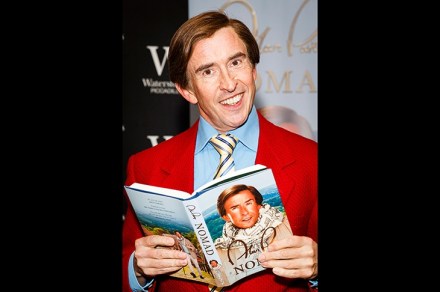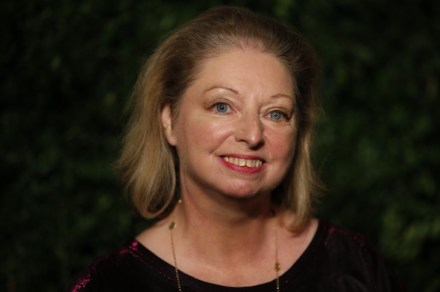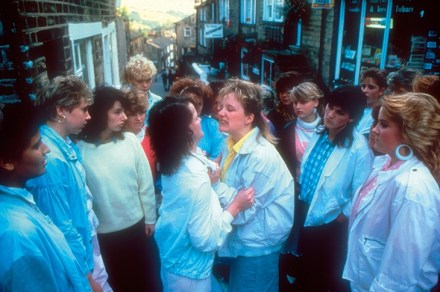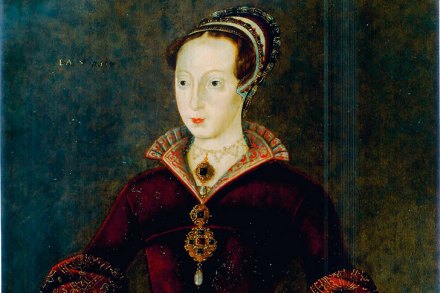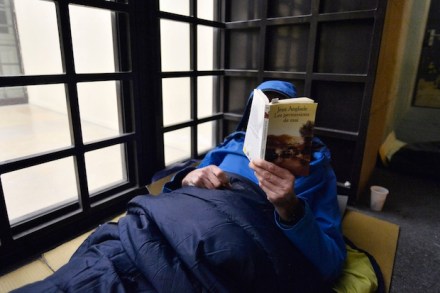Hilary Mantel, Zadie Smith and Salman Rushdie are cut down to size
It is very possible that Peter Kemp is the best-read man in Britain. Certainly, as the Sunday Times’s chief literary critic for goodness knows how many years, he has read and opined upon more works of new fiction than most. His is either a dream job or an absolute nightmare, depending on how you feel about the state of the novel. A Sisphyean task? A Herculean labour? Or just a colossal waste of time? All those keen debuts, all that second-rate dross, all those egos demanding attention: Kemp has bravely buckled up, knuckled down and dutifully banged out 800-plus words, week in, week out, for longer than most of us





